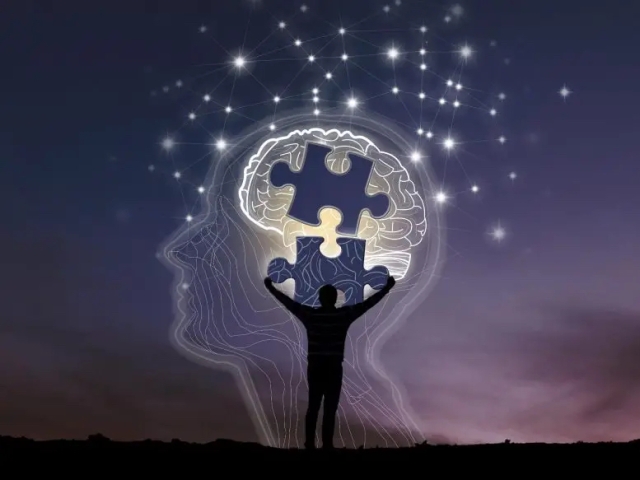In a study published in the international scientific journal Redox Biology, researchers from the Faculty of Health Sciences at Ben-Gurion University in Be’er Sheva offer a new and unconventional way of looking at neurodegenerative diseases and it is causing many neuroscientists to .
In degenerative diseases of the nervous system, such as Alzheimer's, Parkinson's, or ALS, neurological symptoms appear gradually and worsen over time. The prevalence of diseases in the population increases as life expectancy increases. Alzheimer's disease is the main cause of dementia in old age, Parkinson's disease attacks the movement system, and one of its characteristics is tremors and movement disorders, while ALS causes muscle degeneration, paralysis, and eventually death.
Israeli scientists at Ben Gurion University of the Negev have proposed a new approach for treating Alzheimer's disease by targeting its metabolic components. https://t.co/QcWDjL8DMl
— NEWSMAX (@NEWSMAX) February 22, 2023
Humans and animals use oxygen to produce energy from food compounds. In this process toxins of the active oxygen derivatives type, are formed. The nervous system produces a particularly large amount of these toxins due to high oxygen consumption.
In order to survive in an environment flooded with toxins, the nervous system has been equipped with unique mechanisms that are particularly effective for dealing with active oxygen derivatives. The researchers from the Faculty of Health Sciences at Ben-Gurion University have identified the existence of an additional protective layer unique to the human nervous system for the treatment of active oxygen derivatives that do not exist in other animals.
Here is a copy of the study (highly technical): https://t.co/iAZeAeWrFz
— Avi Kaner ابراهيم אבי (@AviKaner) February 20, 2023
"This excess protection," says Prof. Stanislav Engel, "allows the human brain to perform complex and diverse activities while consuming huge amounts of oxygen without fear of self-poisoning; the situation can be defined as perfect adaptation or over-adaptation to routine conditions."
The researchers located a figure that points to the protein quality control system as a breaking point of the human nervous system. Neurodegenerative diseases are an expression of the fragility of the human nervous system, which during development has lost its flexibility and is unable to deal with unusual disturbances.
💡Remarkable #Alzheimer's treatment by BGU🧠🔬
— Ben-Gurion University Canada (@BenGurionCanada) February 21, 2023
A team led by BGU Prof. Varda Shoshan-Barmatz proposes a different method of treating the disease, which has shown groundbreaking success in mouse models. The news made the front page of @jpost🤩➡️ https://t.co/56npkEcjRs #negev
The disorder to which the human nervous system is not properly adapted is a high life expectancy. Therefore, when the body's ability to self-renew decreases, the chance of exposing the breaking point of the nervous system increases. One of the unusual disorders, to which the human nervous system is not accustomed, is a long life span. The proper functioning of the protein quality control system depends on the body's ability to self-renew.
“This new insight offered leads to the conclusion that effective treatments for degenerative diseases of the nervous system are expected to be based mainly on preventive strategies aimed at strengthening the fragile points of the nervous system. The current study may serve as a guideline for the development of these strategies," Israeli Prof. Engel concluded.


